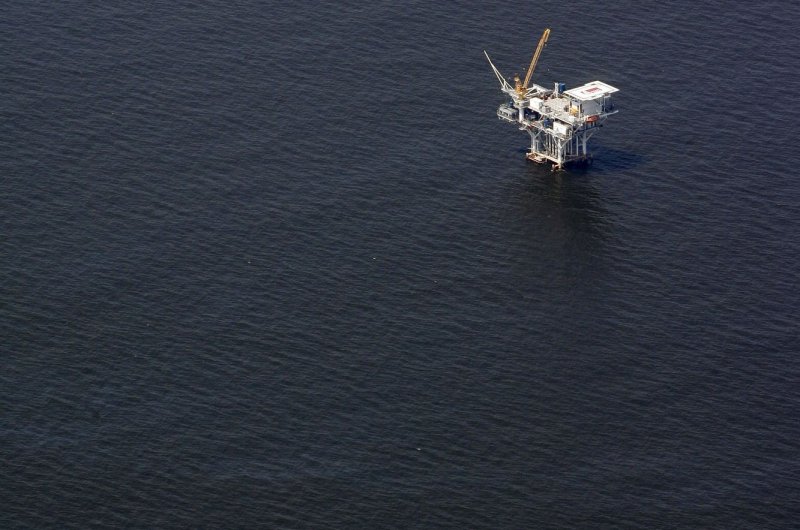June 29 (UPI) -- The Norwegian government said it gave a permit to explore for new reserves in waters north of the Johan Castberg field in the Barents Sea.
The Norwegian subsidiary of Lundin Petroleum was granted a permit to conduct drilling operations well north of Johan Castberg. The license is for a wildcat well, one slated for an area not previously known to contain oil and natural gas reserves.















